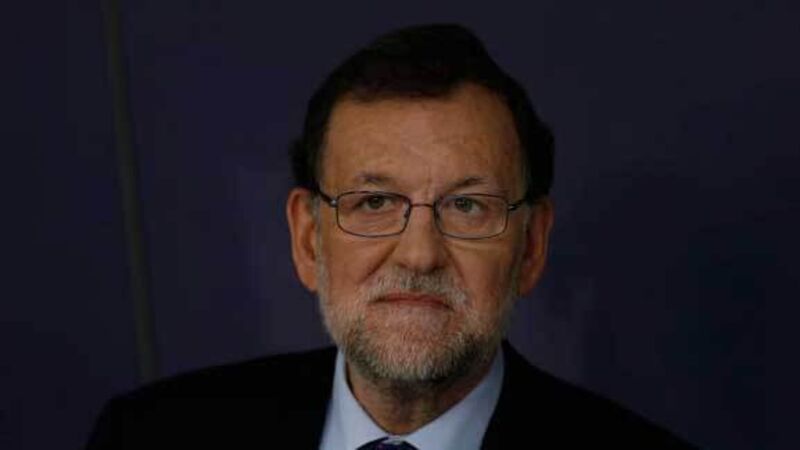‘No quick fix’ for Spanish coalition says Mariano Rajoy

With neither prime minister Mariano Rajoy’s conservatives nor left-wing parties winning a clear mandate to govern, the country faces weeks of uncertainty that has cast doubt on the durability of its flagship economic reforms and unnerved financial markets.
Despite garnering the most votes, the centre-right People’s Party (PP) had its worst result ever in a parliamentary election as Spaniards angered by high-level corruption cases and soaring unemployment turned away from the party in droves.














